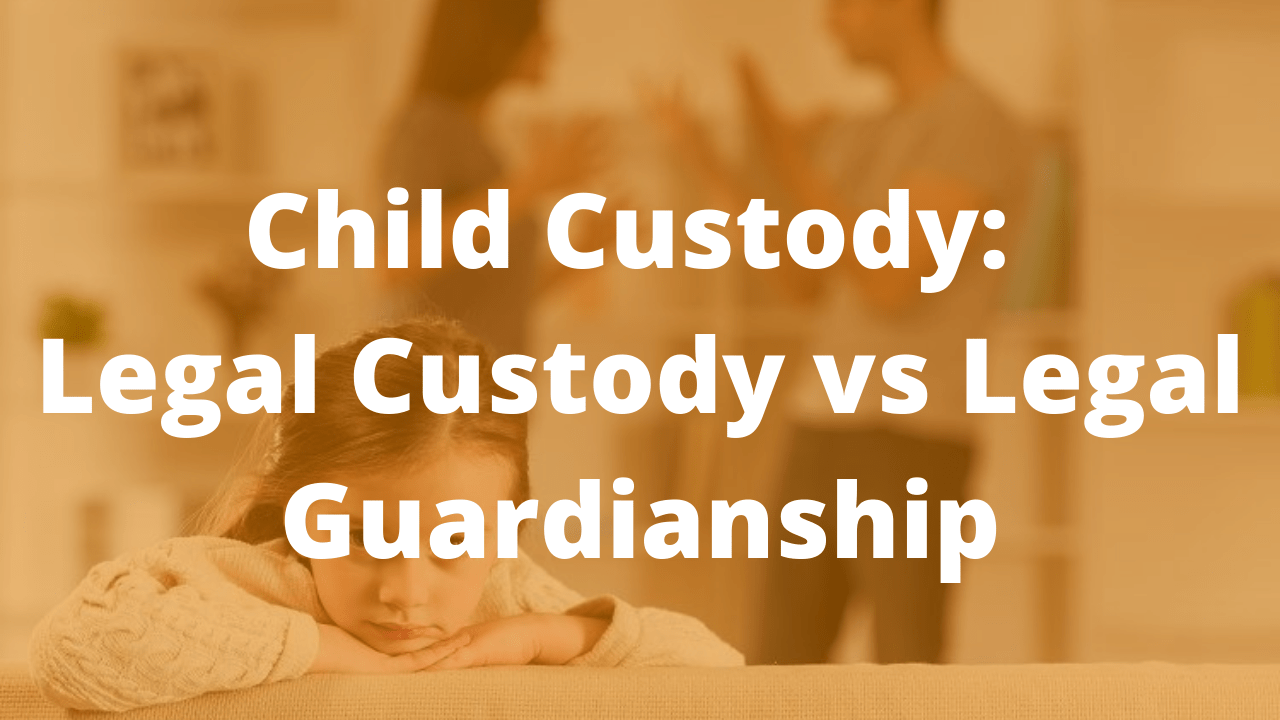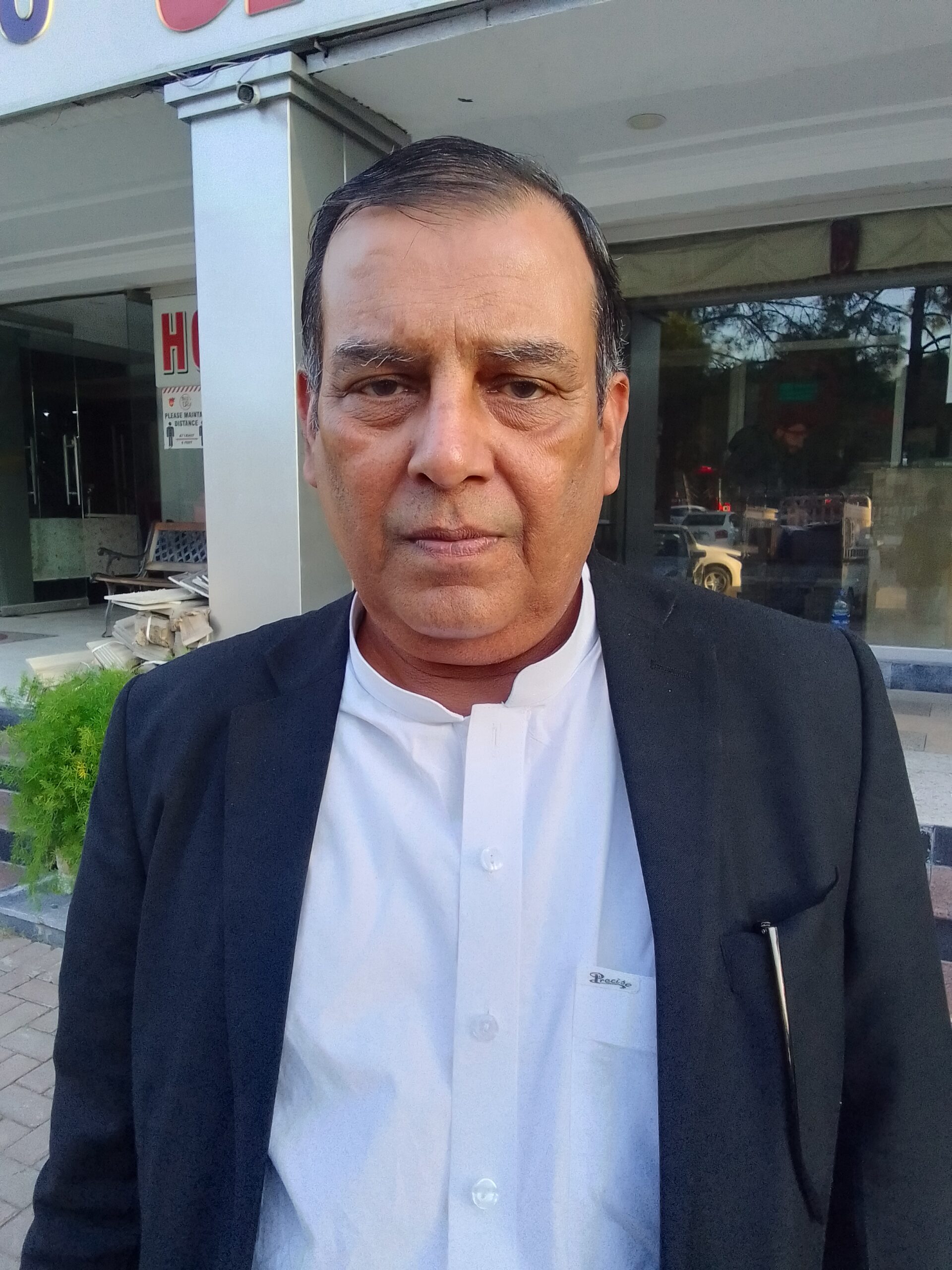- Karachi
- Lahore
- Islamabad
- Leads, UK
- Reading, UK
- Quebec, Canada

Child custody lawyers and guardianship law experts in Karachi, Islamabad, Rawalpindi, Multan, Faisalabad, and Hyderabad of Right Law Associates, are dedicated to providing comprehensive legal services to ensure the protection of children’s rights, and the well-being of families, offering tailored solutions for custody disputes, guardianship appointments, and related legal matters.
When you are going through a divorce or other family law issue, you may need to hire a child custody lawyer. This type of lawyer has many duties and responsibilities, which include: – protecting the rights of their client – ensuring that their client’s interests are represented in court – advocating for their client in negotiations – preparing for and participating in trials A child custody lawyer must be able to handle all of these tasks to be successful. If you are considering hiring one, make sure that you choose someone with experience and who you feel comfortable working with.
Child Custody Lawyers are responsible for representing their clients in court and advocating for the best interests of the child. They must be able to effectively communicate with both the parents and the child, as well as other professionals involved in the case. The lawyer will need to investigate all aspects of the case and gather evidence to support the client’s position. In some cases, they may also need to negotiate a settlement between the parties.
The responsibilities of child custody lawyers vary depending on the type of case and the client’s needs. Sometimes, the lawyer may represent the child in court, negotiate with the other parent or guardian, and draft custody agreements. In other cases, the lawyer may provide legal advice to the parents or guardians and help them resolve their differences outside of court.
No matter what role the lawyer plays in a child custody case, they must act in the best interests of the child. This means that they must always keep the child’s welfare and best interests at heart when making decisions about their case.
Some of the specific duties and responsibilities of a child custody lawyer include:
– Investigating the case and gathering evidence to support their client’s position
– Representing their client in court hearings and mediation sessions
– Negotiating with opposing counsel to try to reach an agreement on behalf of their client
– Drafting legal documents such as custody agreements, parenting plans, and visitation schedules
– Advising their client on their legal rights and options

The courts prefer it if you and your spouse made these decisions together while you were married. The majority of courts prefer parents to share legal custody and make decisions together for their children.
Legal custody is also known as joint custody. There are many types of legal custody. Often one parent is the primary caregiver in an intact marriage, and this can also be true after divorce, even if they share joint legal custody. In the case of a child who needs academic assistance, the primary caregiver can make many decisions that fall within legal custody, including authorizing routine or emergency medical treatment.
The other parent has a legal right to participate in those decisions, but it’s up to the parents to figure out how to make it work practically. One parent may agree that it is easier and more efficient to have greater day-to-day responsibilities.
If parents are unable to agree on simple things, like where the children should receive medical care or whether they should take piano lessons, joint legal custody can become a battleground. Every decision can become a fight if one parent creates an ongoing conflict over this type of issue.
Judges who make such decisions must also endure a miserable experience. A judge will usually grant sole legal custody to one parent if parents disagree on every issue regarding their children. Judges are most likely to grant sole legal custody to one parent if parents disagree on every issue related to their children, the most common solution is for the judge to grant sole legal custody to one parent.
In this case, the child’s parent has the sole right to make decisions about the child. Judges may also order joint legal custody, but designate one parent as the tie-breaker if the parents cannot agree. This is not very different from one parent having sole legal custody, but it does encourage both parents to be involved at least in attempts to resolve.
When it comes to navigating child custody laws in Pakistan, trust the expertise of our child custody lawyers in Karachi. With their reliable and trustworthy legal guidance, they ensure that your rights and the best interests of your child are protected throughout the legal process. Rely on our experienced child custody lawyers to advocate for you and provide the support you need.
Regarding child custody law, our dedicated child custody lawyers in Karachi, Pakistan are committed to the children’s best interests. With their expertise and compassionate approach, they navigate the legal complexities to ensure a secure and nurturing environment for your child. Trust our child custody lawyers to fight for your child’s well-being.
A child’s physical custody refers to where he or she lives regularly. A child’s physical custody can be shared or granted solely to one parent. A child’s custody arrangement can have repercussions years later. The parent with sole physical custody, for example, may move away with the children if he or she wishes. In order to prevent a move, the noncustodial parent must show that the move would be detrimental to the children in court. In other words, if the other parent’s attorney tries to convince you that it doesn’t matter whether you let the other parent have sole legal custody even though you spend significant time with the children, don’t believe them. Make sure you speak to an attorney about whether the decision could cause problems in the future.
Many judges prefer to award joint physical custody to ensure children have regular contact with both parents. It is common for judges to assume joint physical custody is better, and those who disagree must provide reasons why it isn’t a good idea in that particular case. Children with shared physical custody get to have two engaged and involved parents and two real homes. They do not have to go to their other parent’s homes to visit their other parent.
Joint physical custody doesn’t always entail an exact 50-50 split in time, but it’s usually close to that. It works best, however, if the parents live close enough to each other so that the kids can easily transition back and forth between homes and maintain regular activities no matter where they are. Sharing physical custody isn’t always the best option. The transitions between parents create too many opportunities for conflict.
Physical custody usually goes to the parent with the kids while regular visitation rights go to the other parent.
Visitation or Parenting Time
A very common arrangement is for one parent to stay in the family home with the kids. The children spend most of their time given regular scheduling time with the kids, called joint physical custody
In legal terms, the parent with sole physical custody is the custodial parent and the other is the noncustodial parent who is given regular scheduling time with the kids, called joint physical custody standard “Wednesday night dinner and every other weekend” arrangement.
Commonly, the mother had sole physical custody, the father had visitation rights for one dinner a week and every other is given regular scheduling time with the kids, called joint physical custody. The mother had sole legal custody as well. That schedule is still used regularly, but so are a lot of other schedules.
Best child custody lawyers and guardianship law experts in Karachi, Islamabad, Rawalpindi, Multan, Faisalabad, and Hyderabad of Right Law Associates, are ready to provide you with their comprehensive legal services.
A custodian or guardian has the responsibility of taking care of a minor. You may have varying levels of decision-making authority, depending on whether you have custody or guardianship. When you have legal custody, you are responsible for the welfare of the child. The topics covered include health care, education, financial matters, as well as other basic needs and legal rights.
When you have guardianship over someone (also known as “the ward”), you have the authority to act on the child’s behalf. In most cases, guardians make daily decisions regarding a person’s care and welfare, rather than making “big decisions.”
Children can be guarded by their biological parents. If you are unable to care for your child, a judge will appoint a guardian. In general, the courts will respect parents’ wishes, but there may be times when the court overrules a parent’s choice and appoints someone else to care for the child.
If the biological parents are still alive, guardianship is often temporary. However, if the parents have passed away, a court can award the award to permanent guardians. Guardianship, in this situation, generally lasts until a person turns 18 years old.
There are several reasons why guardianship may expire before an 18-year-old’s birthday. Becoming a member of the military, getting married, or starting a registered partnership, among other reasons, can cause a guardian to cease fulfilling his or her responsibilities.
A guardian may be appointed when an adult is incapacitated or disabled.
If you are no longer able to do so, you can express your wishes for who you want to raise your children, but the guardianship court is ultimately responsible for naming a custodian or guardian based on the child’s best interests. Establish a guardian for your children as part of your Estate Planning process. You can be sure your child will be cared for according to your wishes if you pass away or become incapacitated if you choose a guardian.
Yes, guardians are required to meet specific eligibility criteria to ensure they are capable of fulfilling their responsibilities and acting in the best interests of the individual under their care. These requirements are essential to safeguard the well-being and rights of the ward. The primary conditions for guardianship include:
Age Requirement
A guardian must be at least 18 years old. This ensures that the individual has reached the legal age of adulthood, possesses the maturity required to handle responsibilities, and can make informed decisions.
Good Health
Guardians are expected to be in good physical and mental health. This requirement ensures that they have the ability and stamina to fulfill their duties, such as providing care, managing day-to-day responsibilities, and making decisions on behalf of the ward.
No Criminal Record
Having a clean criminal record is a critical requirement for becoming a guardian. This helps to protect the ward from potential harm or exploitation. A history free of criminal activity demonstrates the guardian’s trustworthiness and ability to act responsibly in their role.
Emotional Stability
While not always a formal requirement, emotional stability is often assessed during the guardianship application process. A guardian must demonstrate that they are capable of handling stressful situations and can provide a nurturing and supportive environment.
Financial Capability
In many cases, guardians must show that they are financially capable of managing the needs of the ward. This includes budgeting for necessities like food, education, healthcare, and other essential expenses. Courts may review the guardian’s financial standing to ensure the ward’s resources are safeguarded.
Legal Understanding
Guardians are expected to have a basic understanding of their legal responsibilities. This includes knowing the extent of their authority, ensuring compliance with relevant laws, and acting in the best interests of the ward at all times.
Background Check
A thorough background check is often conducted as part of the guardianship application process. This helps verify the guardian’s suitability and identifies any potential risks to the ward’s safety or well-being.
Court Approval
Guardianship must be approved by a court, which assesses the applicant’s qualifications based on evidence and testimony. This step ensures that only individuals meeting the legal standards and demonstrating genuine concern for the ward are granted guardianship.
By adhering to these requirements, guardians can effectively protect the interests of the individuals they are entrusted to care for, ensuring a safe, stable, and supportive environment for the ward.
As child custody lawyers, it is our duty to protect the rights of our clients and their children. We fight for our clients in court and work to ensure that they receive the best possible outcome in their cases. We also provide advice and guidance to our clients on how to deal with the legal system and the challenges they may face during their cases. Our goal is to help our clients win their cases and get the best possible outcome for their children.
The lawyers at Right Law Associates bring extensive experience and deep knowledge of child custody laws in Pakistan, making them a trusted choice for navigating these sensitive matters. With a thorough understanding of the legal framework and a commitment to achieving the best outcomes for their clients, these seasoned professionals work diligently to protect your parental rights.
At Right Law Associates, their compassionate approach ensures that every child custody case is handled with utmost care, sensitivity, and precision. Understanding the emotional and legal complexities involved, they prioritize placing your children in the most favorable and secure environment possible.
By combining their expertise with a deep commitment to your family’s needs, the lawyers at Right Law Associates go above and beyond to safeguard your parental rights and your child’s well-being. Trust their proven experience and dedication to provide the expert legal support and guidance you need during this challenging time.
The lawyers at Right Law Associates understand the importance of family and will do everything in their power to help you maintain or regain custody of your children. They will fight for you in court and work with you to develop a parenting plan that is in the best interests of your children.
If you are facing a child custody battle, contact our lawyers at Right Law Associates. They will provide you with the skillful representation and compassionate support you need to protect your rights and ensure that your children are placed in the best possible situation.
Our child custody lawyers and guardianship law experts in Karachi, Islamabad, Rawalpindi, Multan, Faisalabad, and Hyderabad are dedicated to providing complete legal services our all clients.
